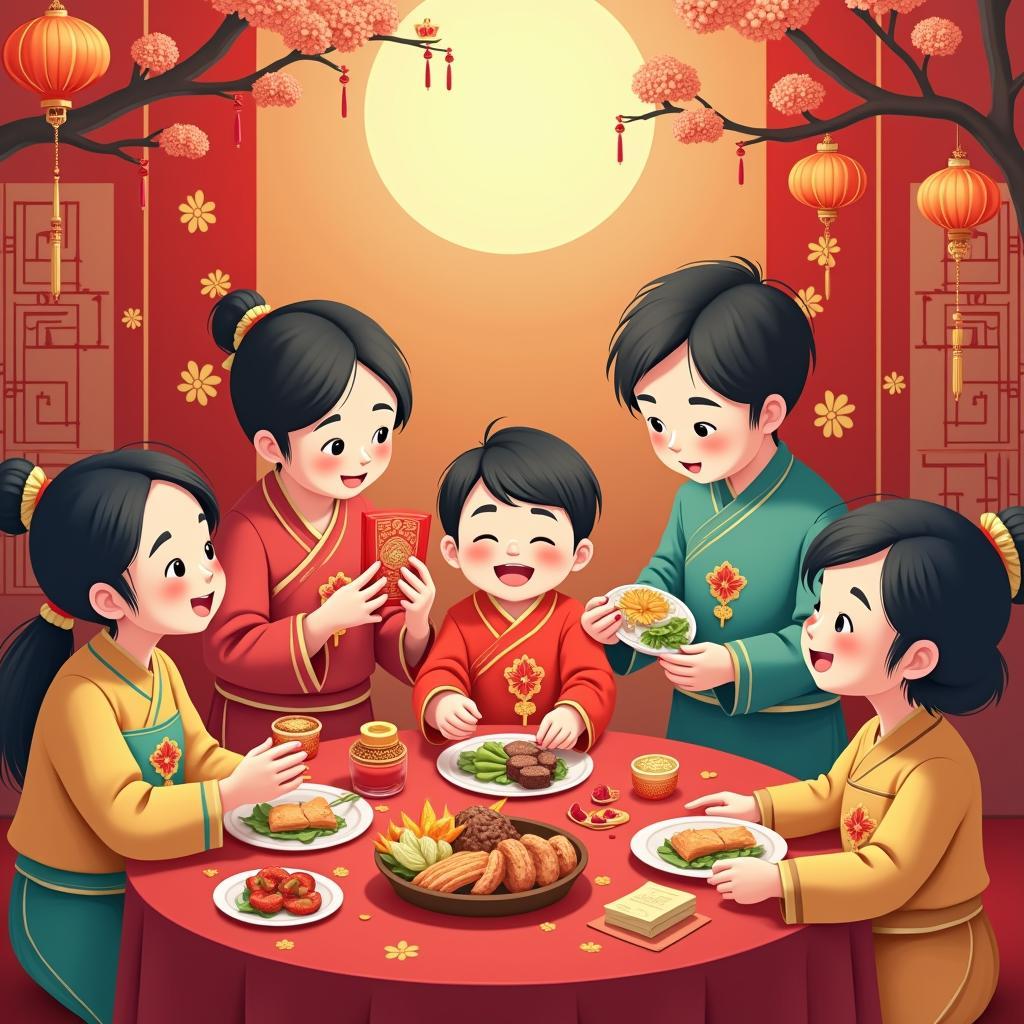Learning about what are the ielts test can be overwhelming, but describing traditional practices remains a common topic in IELTS Speaking examinations. This guide will help you craft impressive responses about cultural traditions you admire.
Part 1: Introduction and Interview Questions
Common questions include:
- Are there any traditional festivals in your country?
- How do people celebrate traditional events in your area?
- Do you think it’s important to preserve cultural practices?
Sample answer (Band 8-9):
“In my country, we have numerous traditional festivals, but I’m particularly fascinated by our Lunar New Year celebrations. It’s deeply rooted in our cultural heritage and brings communities together through various customs and rituals.”

Part 2: Cue Card
Describe a traditional practice in your culture that you admire
You should say:
- What this practice is
- When people do it
- How people do it
- And explain why you admire it
Sample Answer (Band 8-9):
“I’d like to talk about the time-honored tradition of ancestor worship in Vietnamese culture. This deeply ingrained practice involves paying respects to deceased family members through elaborate ceremonies.
The most significant observance takes place during Tet, our Lunar New Year festival. Families meticulously prepare traditional dishes, arrange altar offerings, and light fragrant incense to invite ancestors’ spirits home for the celebration.
What particularly resonates with me about this practice is how it fosters intergenerational connections and preserves our cultural heritage. It’s profoundly meaningful as it teaches younger generations about filial piety and maintains our collective memory.”
Similar to describe a person you admire for their sense of humor, expressing admiration for cultural practices requires personal reflection and detailed explanation.
Sample Answer (Band 6-7):
“I want to talk about ancestor worship in my culture. We do this during Tet festival. People prepare food and burn incense for their ancestors. I like it because it helps us remember our family history and teaches young people to respect older generations.”
Part 3: Discussion Questions
Q: How are traditional practices changing in modern society?
Band 8-9 Response:
“Traditional practices are undergoing significant transformation in response to modernization. While the core values remain intact, the manifestation of these customs has become more adaptable. For instance, many families now incorporate digital elements into traditional ceremonies, like virtual ancestor worship for relatives living abroad.”
Just as describe a recent challenge you overcame, discussing cultural changes requires analyzing both difficulties and adaptations.
Key Vocabulary and Phrases
- Time-honored tradition (adj.): /taɪm ˈɒnəd trəˈdɪʃən/ – respected and established practice
- Cultural heritage (n.): /ˈkʌltʃərəl ˈherɪtɪdʒ/ – traditions passed down through generations
- Deeply ingrained (adj.): /ˈdiːpli ɪnˈgreɪnd/ – firmly established
- Meticulously (adv.): /məˈtɪkjʊləsli/ – with great attention to detail
- Filial piety (n.): /ˈfɪliəl ˈpaɪəti/ – respect for one’s parents and ancestors
Examiner’s Tips
- Use specific examples to illustrate your points
- Demonstrate cultural awareness through detailed descriptions
- Include personal reflection and emotional connection
- Structure your response logically
- Employ advanced vocabulary appropriately
As with describe a skill you wish to improve for your future career, practicing these descriptions will enhance your speaking abilities significantly.